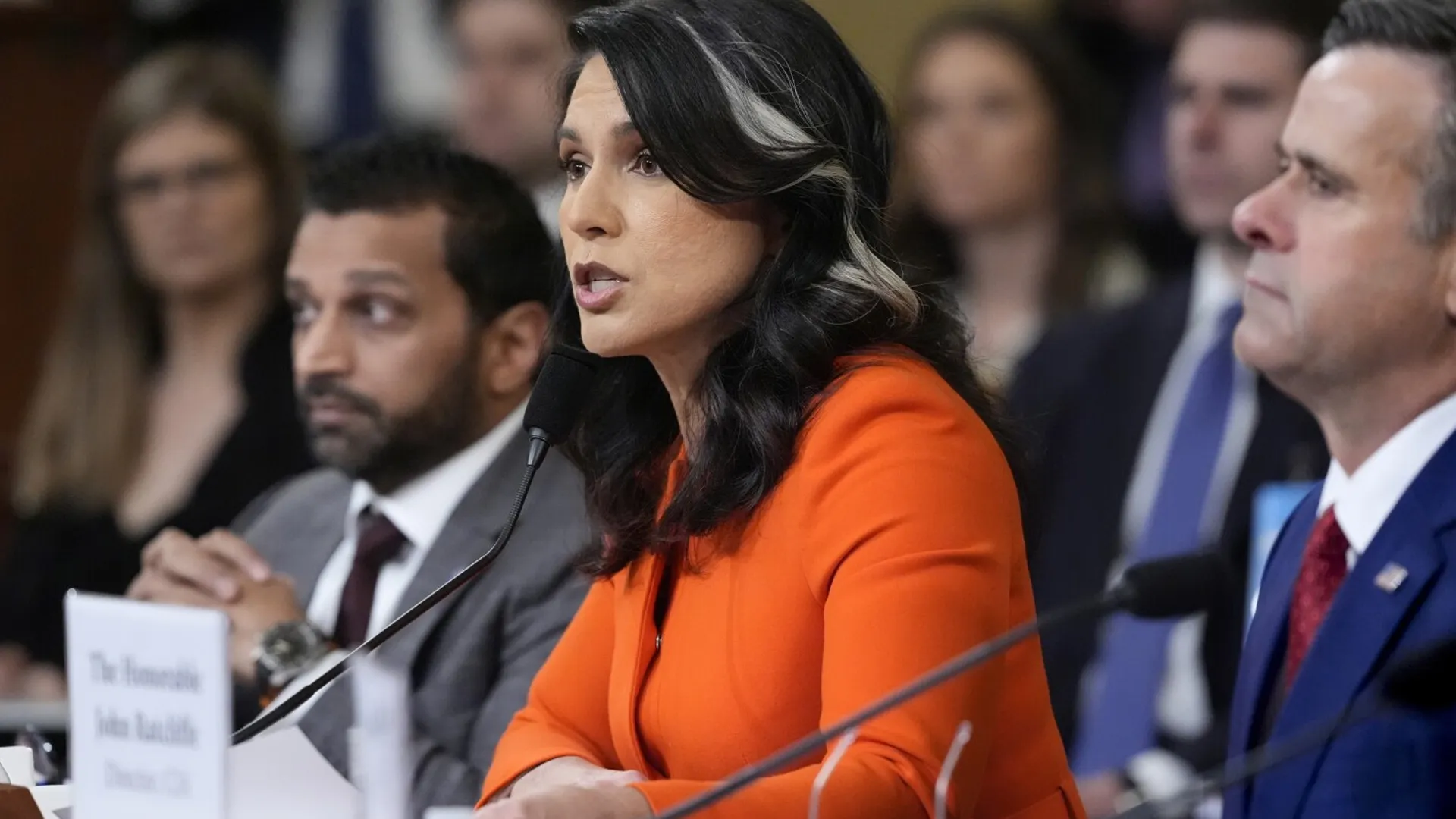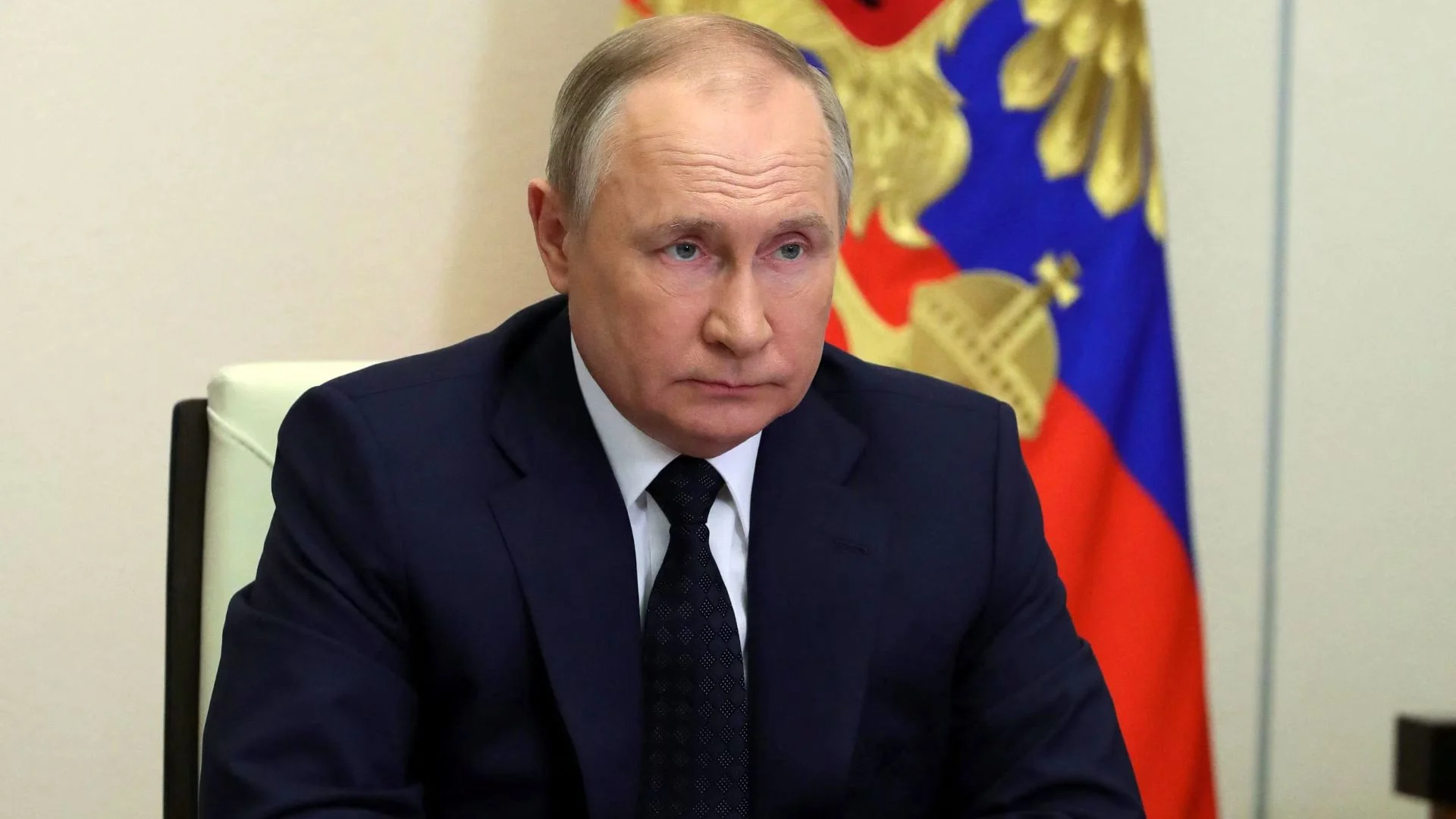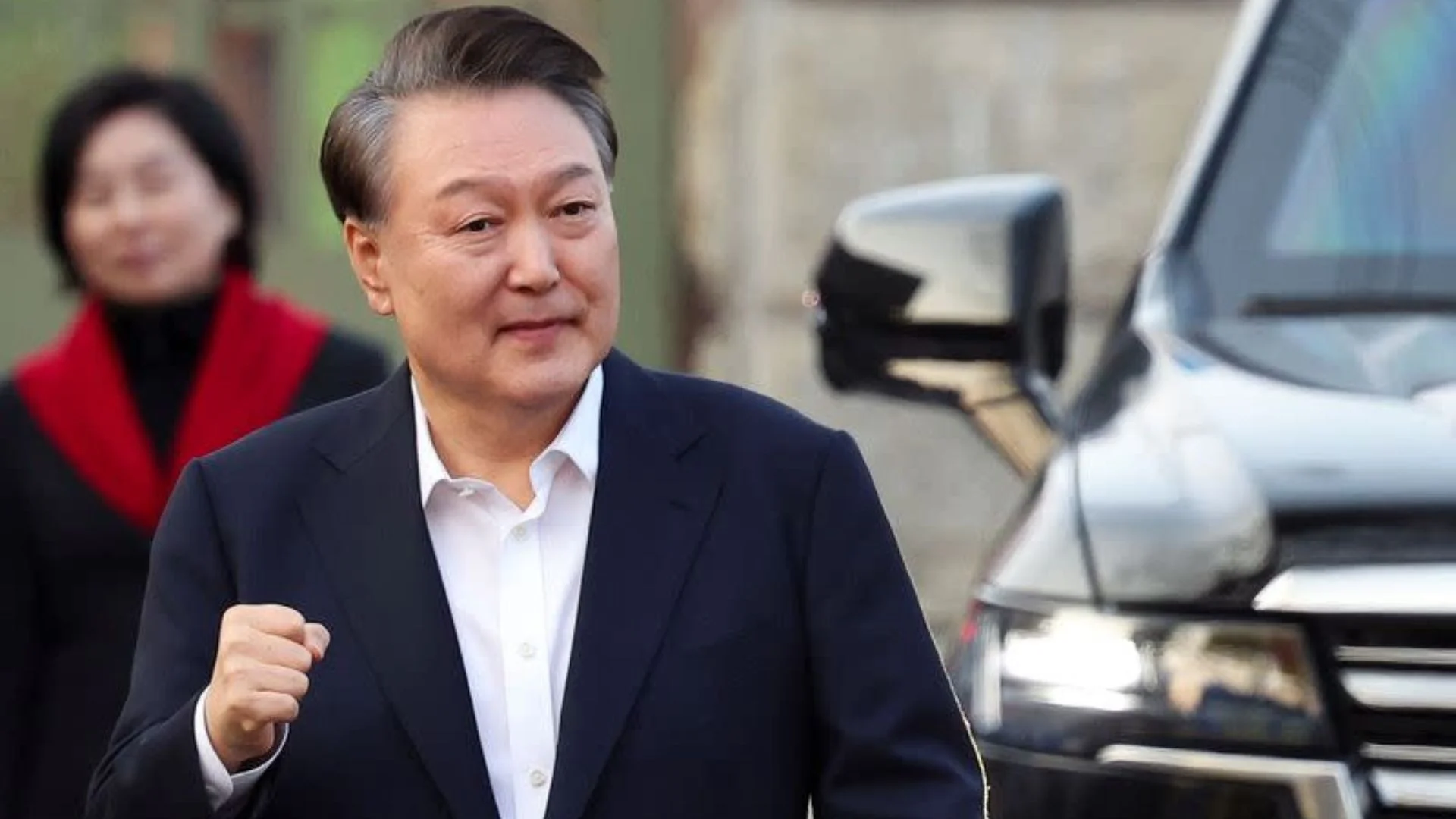US President Donald Trump has declared a “national economic emergency”, unveiling a sweeping tariff policy to address America’s staggering $1.2 trillion trade deficit. Announcing the move on Wednesday, Trump imposed a blanket 10% tariff on all trading nations and individualised higher tariffs on 60 countries, marking the most aggressive US trade policy since 1872.
Trump’s Justification for the Tariffs
The White House stated that foreign trade practices had “hollowed out” America’s manufacturing sector, leaving the country vulnerable. The administration argued that a weakened domestic industrial base poses risks to national security by making the US dependent on foreign supply chains.
“Today, President Donald J. Trump declared that foreign trade and economic practices have created a national emergency, and his order imposes responsive tariffs to strengthen the international economic position of the United States and protect American workers,” the White House said in an official statement.
Trump invoked the International Emergency Economic Powers Act (IEEPA) of 1977 to justify the new tariffs, emphasizing that the US would no longer allow itself to be taken advantage of in global trade.
Details of the Tariffs
-
A blanket 10% tariff on all nations trading with the US, effective April 5, 2025, at 12:01 a.m. EDT.
-
Higher individualised tariffs on 60 nations, including India, which will face a 26% tariff. These take effect on April 9, 2025, at 12:01 a.m. EDT.
“These tariffs will remain in effect until such a time as President Trump determines that the threat posed by the trade deficit and underlying nonreciprocal treatment is satisfied, resolved, or mitigated,” the White House said.
Global Reaction & Potential Trade War
Trump’s aggressive tariff move has already sparked tensions. China, the European Union, and Japan have warned of retaliation even before the official announcement. With a potential trade war looming, the world will be watching closely to see how global economies respond to Trump’s latest economic maneuver.
“Access to the American market is a privilege, not a right,” the administration stated, making it clear that the US is taking a “Golden Rule” approach—demanding fair treatment in global trade.
Whether this strategy strengthens the US economy or ignites international trade conflicts remains to be seen.























